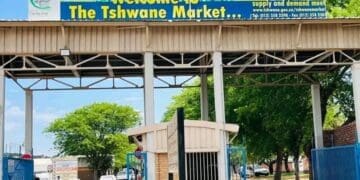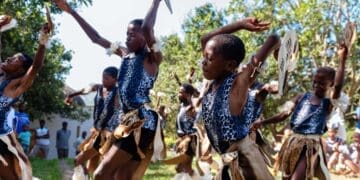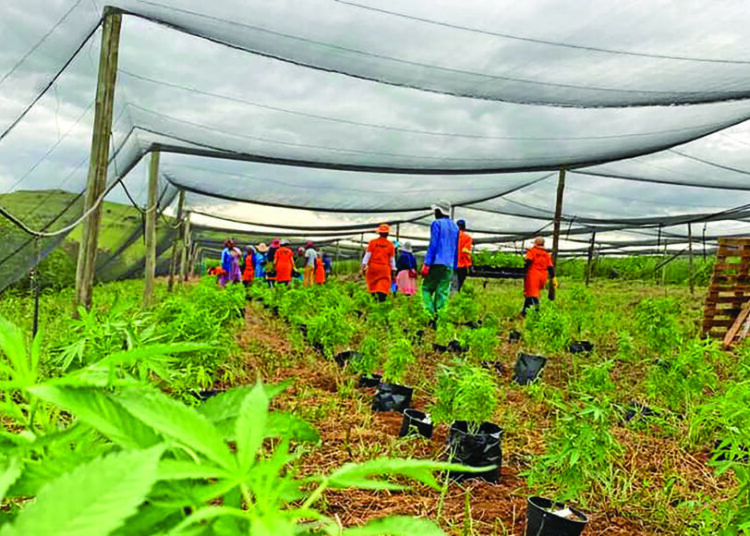The North-West University (NWU) has unveiled its innovative Matekwane Sandbox, which is transformative research and development hub aimed at integrating Indigenous Knowledge Systems (IKS) into the legal cannabis industry.
There is a strong emphasis on empowering rural SMMEs and farmers.
It is a solar-powered smart device that equips farmers with real time data on soil moisture, temperature and humidity through built-in sensors. The information is delivered via a mobile app or SMS, allowing for smarter irrigation, reduced water usage and healthier crop yields.
More than just a data tool, the Matekwane Box also functions as an early warning system alerting users to drought risks or pest threats before they escalate.
By blending IKS with formal research, it offers rural farmers and SMEs a chance to step out of the shadows into legal, structured enterprises.
“This isn’t just about access to markets,” said Dr Thandeka Kunene, a cannabis researcher and one of the project’s key architects.
“It’s about justice and giving people the tools to build their futures to create jobs, industries and self-reliant communities.”
For traditional leaders like Kgosi Thabiso Motswenyane of the Barolong Boo Ratshidi, the project is long overdue.
“Matekwane (marijuana) has always been part of our healing practices,” he said. “Now, finally, the law is catching up to what we have always known. It’s about restoring dignity and creating opportunity.”
That opportunity now stretches to rural SMEs like Joseph Diphoko, a farmer from Mmabatho.
“I have been growing this plant quietly for years,” he shared. “Now, with proper training and legal support, I can build a real business. I could employ people in my village and even train others. All I need are the right tools and access to the market.”
The Matekwane Sandbox aims to provide exactly that. From training in compliance and quality control to partnerships for product development, the programme offers a full value chain approach from seed to sale.
For women like Nomvula Mataboge, who leads a small agricultural co-op in Ratlou, the initiative brings new possibilities.
“We don’t have big land or fancy equipment, but we have knowledge and experience,” she said.
“With the right support, I could sell teas or oils legally and grow our co-op into something sustainable. It’s our chance to be part of the economy on our terms.”
NWU hopes the sandbox will become a blueprint for other provinces and a model that not only fuels economic development, but does so by respecting culture, empowering SMMEs and nurturing a green economy built on trust and tradition.































































